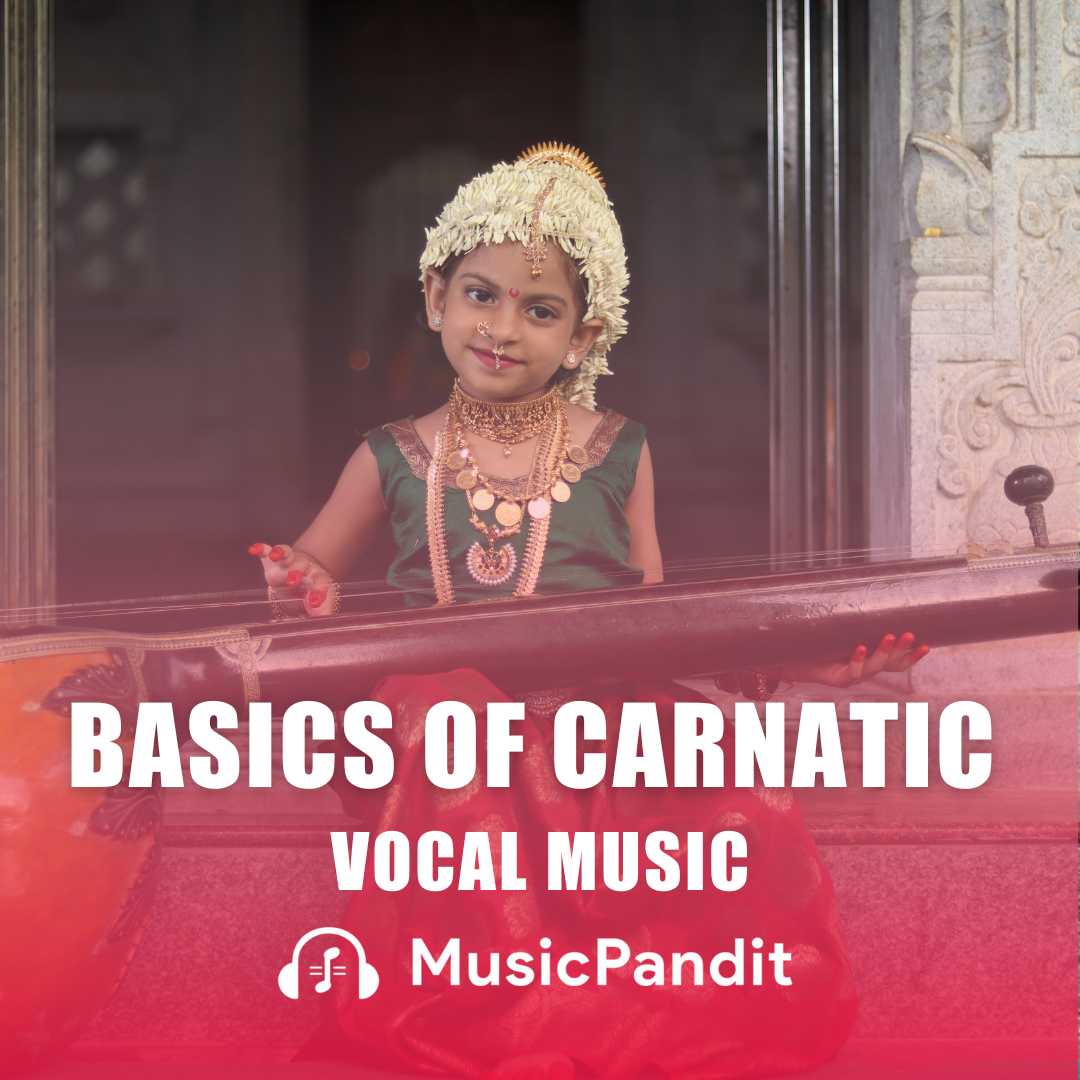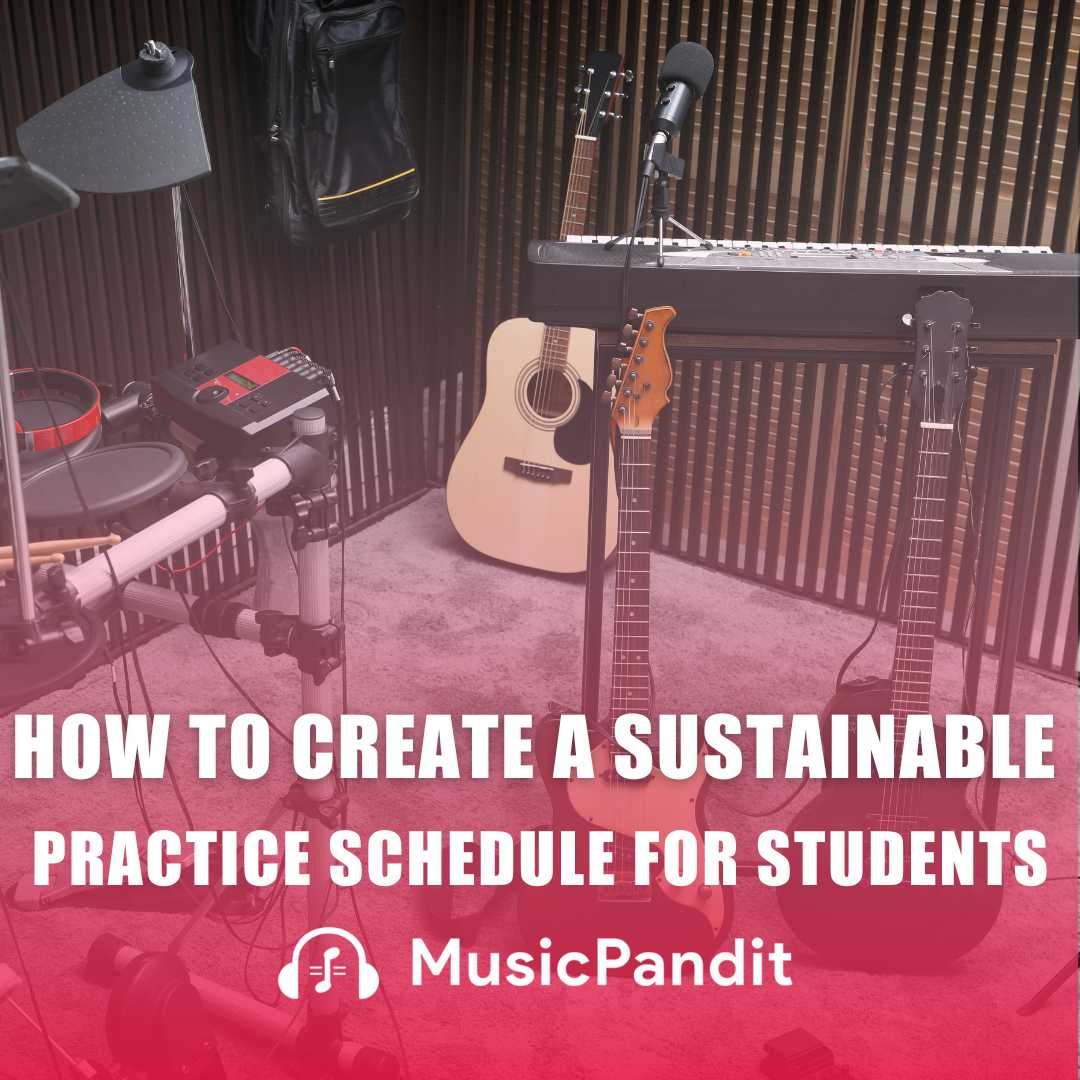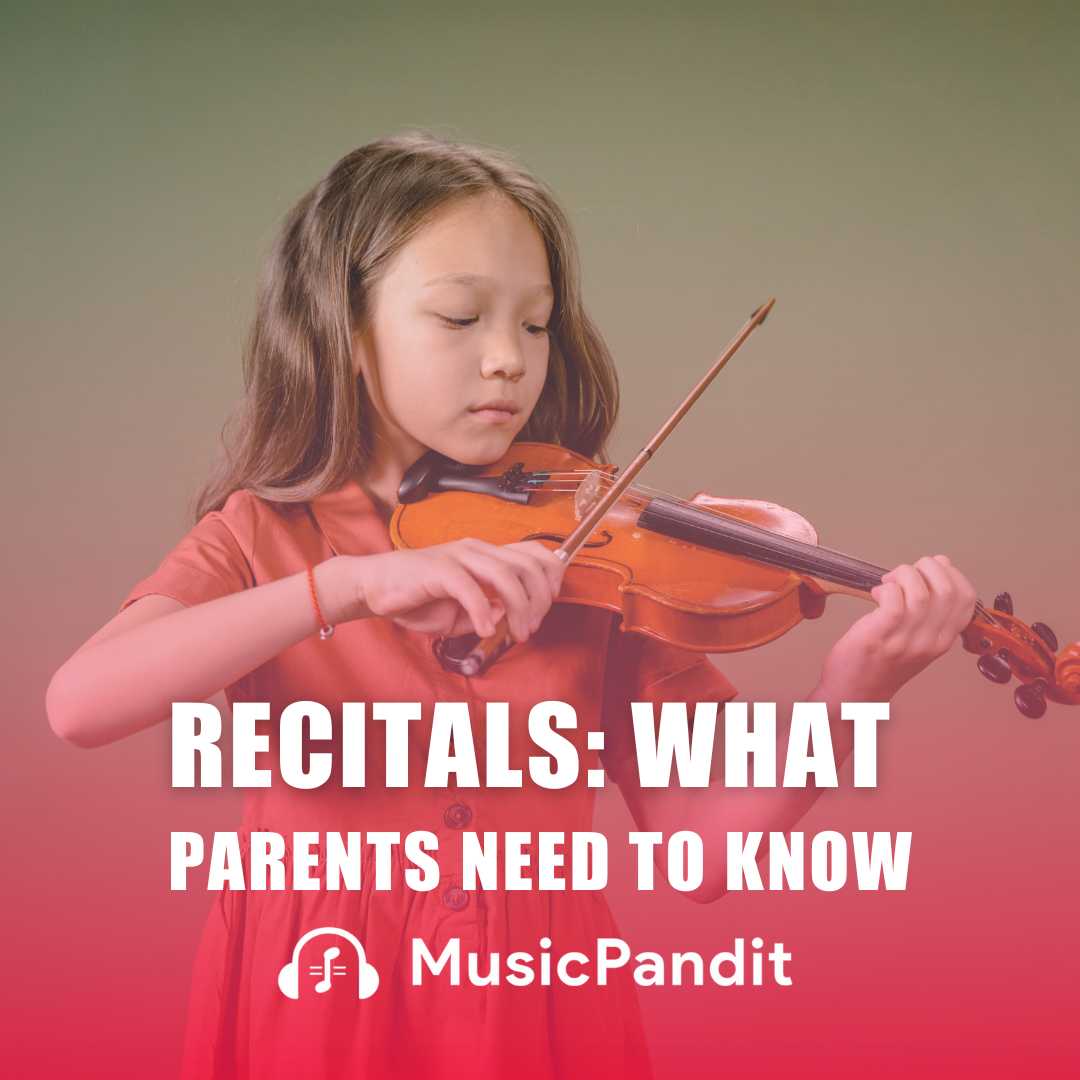As the digital age continues to evolve, it’s clear that the way we learn is shifting. Well, we all witnessed how learning went online during the COVID-19 pandemic. In addition to the academic field, a significant transformation has been in the realm of music education. Online music classes are no longer just an alternative but are revolutionising how children learn music, offering flexibility, accessibility, and an enhanced learning experience.
The traditional model of face-to-face lessons in a physical classroom is being complemented—and in many cases, replaced—by online music classes. What once seemed unconventional is now becoming the norm. Whether it’s learning the piano, guitar, or vocals, children can now access top-quality instruction from the comfort of their homes, all while enjoying a more personalised and flexible learning journey.
This guide delves into how online music classes are reshaping learning for kids, their advantages, challenges, and why they are gaining popularity among parents and educators alike. Online music classes offer numerous benefits, from the convenience of scheduling lessons to the ability to interact with expert instructors from around the world. Well, we will also explore how all these changes are impacting children’s music education and why parents are increasingly opting for online lessons for their young ones.
Why Online Music Classes Are Gaining Popularity
1. Flexibility and Convenience
One of the most significant advantages of online music classes is flexibility. Unlike traditional music lessons, which require parents and children to adhere to strict schedules, online classes can often be scheduled at convenient times. This is particularly beneficial for busy families where extracurricular activities can conflict with other commitments. Children can learn at their own pace, taking breaks when necessary, which reduces the pressure and stress that sometimes accompanies in-person lessons.
Moreover, online platforms offer the possibility of recorded lessons. If a child misses a class or wants to review a particular section, they can easily access recordings of previous sessions. This flexibility fosters a more comfortable and stress-free learning environment.
2. Access to World-Class Instructors
Geography is no longer a barrier to accessing quality education. With online music classes, children can learn from highly skilled instructors, regardless of where they live. Whether the best piano teacher is halfway across the world or a vocal coach resides in another city, the internet brings them right to your living room. This access to expert instruction can be particularly beneficial for children living in areas where specialised music education might be scarce.
3. Personalised Learning Experience
Online music lessons offer a level of personalization that is difficult to achieve in a traditional classroom setting. Instructors can tailor lessons to fit the individual needs, pace, and preferences of each student. Whether your child is a fast learner or needs more time to grasp certain concepts, online classes allow instructors to modify their approach in real-time.
Additionally, many platforms provide tools that track student progress, making it easier for parents and teachers to monitor improvements and areas that require additional focus.
4. Diverse Musical Genres and Approaches
Online music classes provide exposure to a wide array of musical genres. Children can explore everything from classical to contemporary music, jazz to folk, all through a single platform. This variety is essential for young learners, as it broadens their musical horizons and helps them discover their own preferences.
For parents who wish to introduce their children to different cultures or forms of music, online lessons offer an expansive musical palette that traditional lessons might not cover.
5. Interactive Technology
Technology plays a significant role in making online music lessons more engaging and interactive. Virtual music learning platforms are equipped with tools like real-time video feedback, interactive sheet music, and progress-tracking apps. These tools allow children to practise independently while still receiving guidance and feedback from their instructors.
Additionally, many online platforms use gamification techniques—like earning badges or reaching milestones—to motivate students and make learning more enjoyable.
Overcoming the Challenges of Online Music Learning
Despite its many advantages, online music education does come with its own set of challenges. One common concern is the lack of physical presence, which can sometimes hinder the correction of posture or technique, especially when learning an instrument. However, many platforms have adapted by offering multi-angle video instructions, allowing instructors to better observe and correct students’ form.
Another potential drawback is the social aspect. In traditional music lessons, students often get the chance to perform with others in group settings, which enhances collaborative skills and stage presence. To overcome this, some online programs organise virtual recitals or ensemble performances, where students from different locations can perform together via video.
The Role of Parents in Online Music Classes
For online music lessons to be effective, parental involvement is crucial. Unlike traditional lessons where the child is dropped off at a music school, online lessons typically require some level of supervision, especially for younger children. Parents can help set up the technology, create a conducive learning environment, and encourage regular practice.
Additionally, many online music platforms are designed with parents in mind, offering tools to track progress and receive feedback from instructors. This collaborative approach fosters a strong bond between the parent, the child, and the teacher, creating a supportive learning atmosphere that boosts the child’s confidence and motivation.
The Future of Music Education: A Hybrid Approach
While online music classes are revolutionising learning, it’s essential to note that they are not necessarily a replacement for traditional lessons. Instead, a hybrid model—where students combine both in-person and online lessons—could offer the best of both worlds. Some skills, particularly those related to performance and ensemble playing, may be better suited to face-to-face interactions, while theory lessons and individual practice can be effectively managed online.
Conclusion
The world of music education is evolving, and online music classes are at the forefront of this transformation. Offering flexibility, accessibility, and personalised learning experiences, they provide a valuable alternative to traditional methods. For parents and children alike, the shift to online music lessons opens up new possibilities for learning, exploration, and creativity.
As the digital age continues to shape the way we live and learn, the future of music education looks bright. Whether your child is a budding pianist, a curious vocalist, or an enthusiastic guitarist, online music lessons can unlock their full potential, making the process enjoyable and rewarding. So, if you’re considering music education for your child, online classes might just be the harmonious blend of convenience and quality you’ve been looking for.















